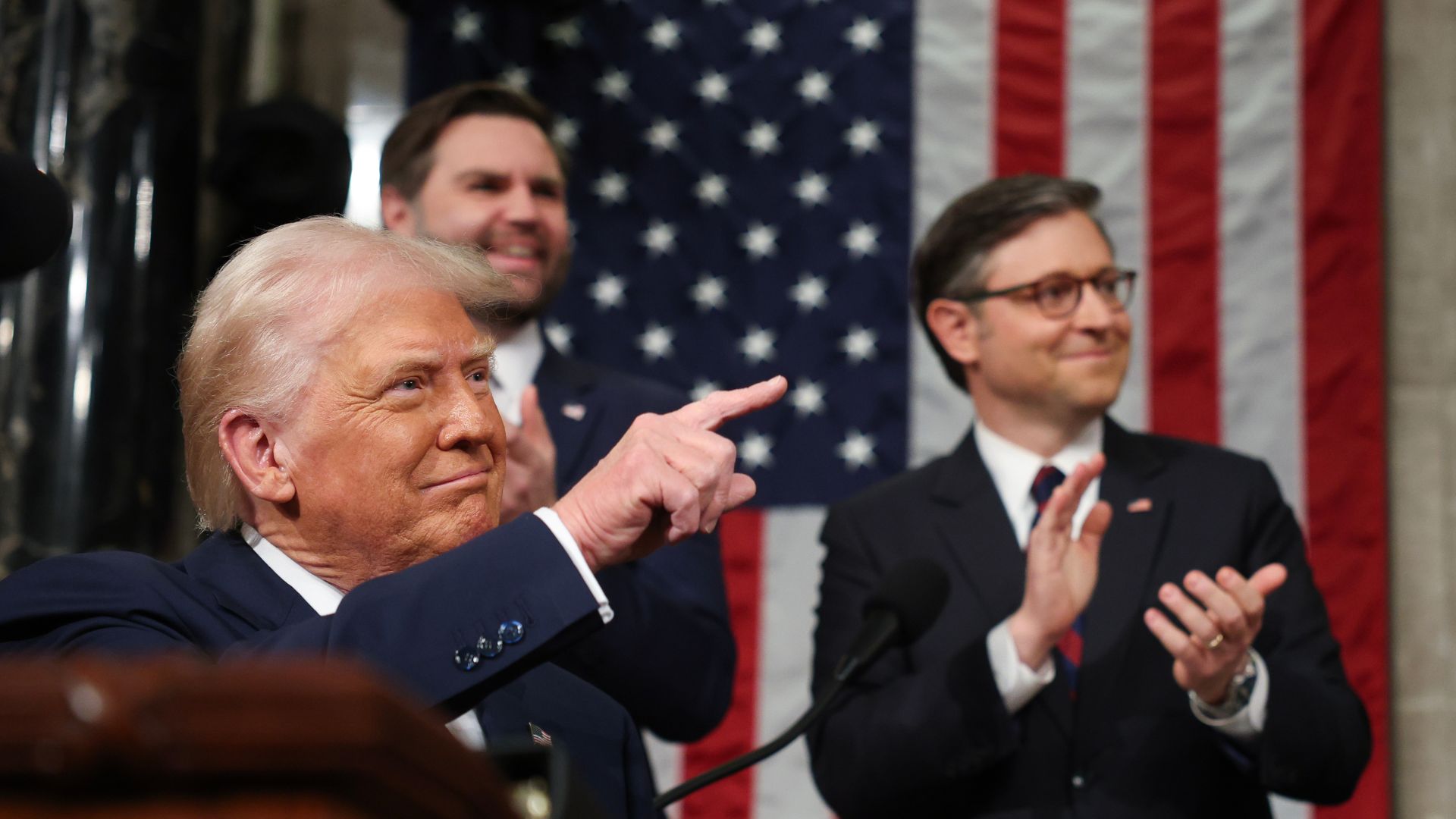Senate Republicans passed President Trump’s sweeping “One Big Beautiful Bill Act” on Tuesday in a 51-50 vote, sending the massive legislative package to the House for what is expected to be a contentious final round of deliberations.
Vice President J.D. Vance cast the tie-breaking vote, as reported by The New York Post.

The 940-page bill, a cornerstone of President Trump’s second-term agenda, includes major expansions of the 2017 tax cuts, reductions in taxes on tips and overtime pay, increased investments in defense, border security, and energy exploration, and deep reductions in entitlement spending.
Trump’s Sovereign Wealth Fund: What Could It Mean For Your Money?
Republican leadership is aiming to deliver the bill to President Trump’s desk by July 4, a deadline they have publicly committed to. The bill’s passage in the Senate followed a 27-hour session of nonstop amendment votes.
Three Republicans — Sens. Susan Collins (Maine), Rand Paul (Kentucky), and Thom Tillis (North Carolina) — joined all 47 Democrats in voting against the legislation.

To reach passage, Senate leaders had to modify the House version of the bill.
Key changes included expanding business tax breaks, increasing the debt ceiling by $5 trillion, deepening cuts to Medicaid, and removing language that would have prohibited states from regulating artificial intelligence for 10 years.
This Could Be the Most Important Video Gun Owners Watch All Year
Sen. Ron Johnson (R-Wis.), a vocal fiscal conservative, had expressed strong reservations about the impact of the bill on the national deficit. He ultimately supported the bill after leadership agreed to more aggressive cuts to Medicaid.
“I’m convinced they’re committed to returning to reasonable pre-pandemic spending,” Johnson said during a Monday appearance on Fox News.
Moderate Republicans had also raised concerns about reforms to Medicaid and the Supplemental Nutrition Assistance Program (SNAP). Sen. Josh Hawley (R-Mo.) initially criticized the bill for cutting benefits while protecting corporate tax provisions but ultimately voted in favor of it.

A contentious provision banning states from regulating AI for a decade had drawn opposition from Sens. Marsha Blackburn (R-Tenn.) and others.
The provision, which was part of the House version, was stripped from the Senate bill after internal negotiations failed to produce a compromise.
The Senate also adjusted the cap on state and local tax (SALT) deductions, raising it from $10,000 to $40,000 for most taxpayers earning under $500,000 annually. That change will phase out after five years.
Despite Senate passage, conservative House lawmakers voiced criticism. Rep. Keith Self (R-Texas) called the revised bill “fiscally criminal,” while the House Freedom Caucus warned that the Senate’s changes do not reflect the original deal reached in the lower chamber.

The Senate’s version of the bill is projected to increase the federal deficit by at least $3.3 trillion over the next ten years, according to the Congressional Budget Office. When accounting for debt interest, that figure may approach $3.9 trillion.
White House officials argue that future spending cuts, increased tariff revenue, and anticipated economic growth will help offset the deficit increase.
The bill’s passage also includes a $5 trillion increase to the debt ceiling, an issue that had been looming with an expected breach in August or September.
If the House amends the Senate version, a conference committee will be required to draft a final version of the bill, which must then be passed again by both chambers.
The opinions expressed by contributors and/or content partners are their own and do not necessarily reflect the views of LifeZette. Contact us for guidelines on submitting your own commentary.

![Soldiers Erupt in Cheers As Donald Trump Dances at Fort Bragg [WATCH]](https://www.right2024.com/wp-content/uploads/2025/06/1749660634_Soldiers-Erupt-in-Cheers-As-Donald-Trump-Dances-at-Fort-750x375.jpg)


![Steak ’n Shake Mocks Cracker Barrel Over Identity-Erasing Rebrand [WATCH]](https://www.right2024.com/wp-content/uploads/2025/08/Steak-n-Shake-Mocks-Cracker-Barrel-Over-Identity-Erasing-Rebrand-WATCH-350x250.jpg)



![Soros Network, Others Behind LA Riots [WATCH]](https://www.right2024.com/wp-content/uploads/2025/06/Soros-Network-Others-Behind-LA-Riots-WATCH-350x250.jpg)
![Mount Rushmore Could Get Trump Upgrade Under GOP Push [WATCH]](https://www.right2024.com/wp-content/uploads/2025/07/Mount-Rushmore-Could-Get-Trump-Upgrade-Under-GOP-Push-WATCH-350x250.jpg)






